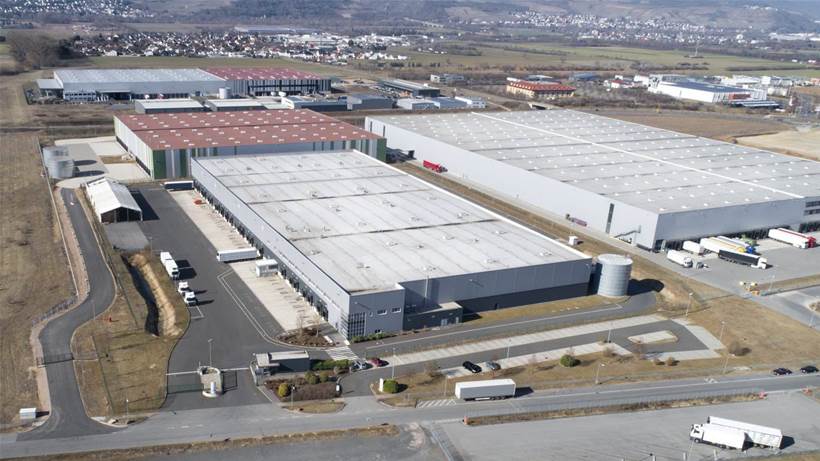COVID-19 has triggered “huge investment” in digital projects as organisations try to manage more operations remotely, says the head of Australian data integration company Reekoh.
The company’s CEO Dale Rankine says industrial and healthcare organisations are bringing forward cloud projects in response to the COVID-19 crisis.
“Those industries are now needing to take far more seriously technologies that allow them to work with data wherever they happen to be,” Rankine says.
Some of this spending is to expand the role of operation centres. “These centres have typically been very operationally focused. They have focused on showing whether a pump is underperforming, or a valve is closed when it should be open - that kind of information,” Rankine says.
“Now, more data is being pushed into operations centres to create a whole-of-business view. For example, companies want to see the overall performance of a site compared to other sites, based on cost of energy consumption or efficiency of the logistics servicing those sites, using external data that lives in other systems.”
In the healthcare sector, Rankine is seeing digital initiatives focused on hospital operations and involving “smart buildings, smart operational technology and monitoring”.
Legacy data access is a key challenge. “Organisations have a lot of data locked up in solutions and environments that are not geared to making it accessible to the broader organisation,” Rankine explains.
“They are looking at where data resides within their organisation. Where is it being generated? And where does it need to be so users can interact with it? That’s an integration problem between legacy operational technologies and networks,” he comments.
That problem is driving interest in Reekoh’s data integration solution, says Rankine. He expects the strongest interest will come from organisations “keeping the lights on, the water pumping, the trucks on the road delivering stock and the manufacturing lines pumping out goods.”
In time, he expects COVID-19 will lead other organisations to tackle these issues. “I think you'll see a lot more thought and planning and execution, from a crisis management standpoint, to look at the collection of data and the utilisation of data,” Rankine predicts.
“A lot of those data sources are going to be private – whether it's around smart buildings, whether it's around footfall in public spaces counted by private companies as well as public councils, or other things.
I think the ability to acquire, consume and analyse that data, no matter where it's coming from, is going to be a big part of crisis management.”
Reekoh is a sponsor of this COVID-19 discussion hub.
Focus is increasing on use of real-time data to combat the COVID-19 pandemic. See our special coverage about key issues.







